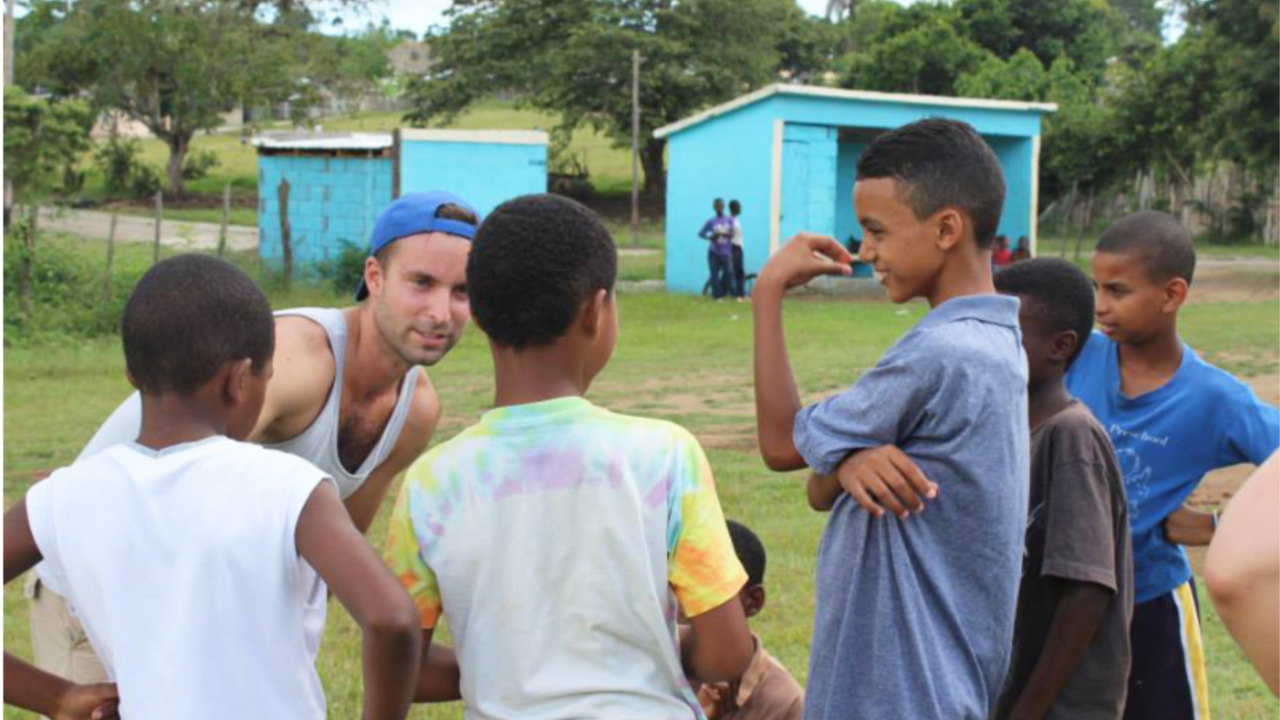
Falling in Love with Public Health
blog dominican republic fimrc staff highlight project restauración public health Aug 30, 2019Our next FIMRC alumni blog post comes from Joe South, who helped open FIMRC’s site at Project Restauración, Dominican Republic in 2012 and served as our Field Operations Manager (FOM) there until 2014. Read on to learn more about Joe’s unexpected path to a career in public health.
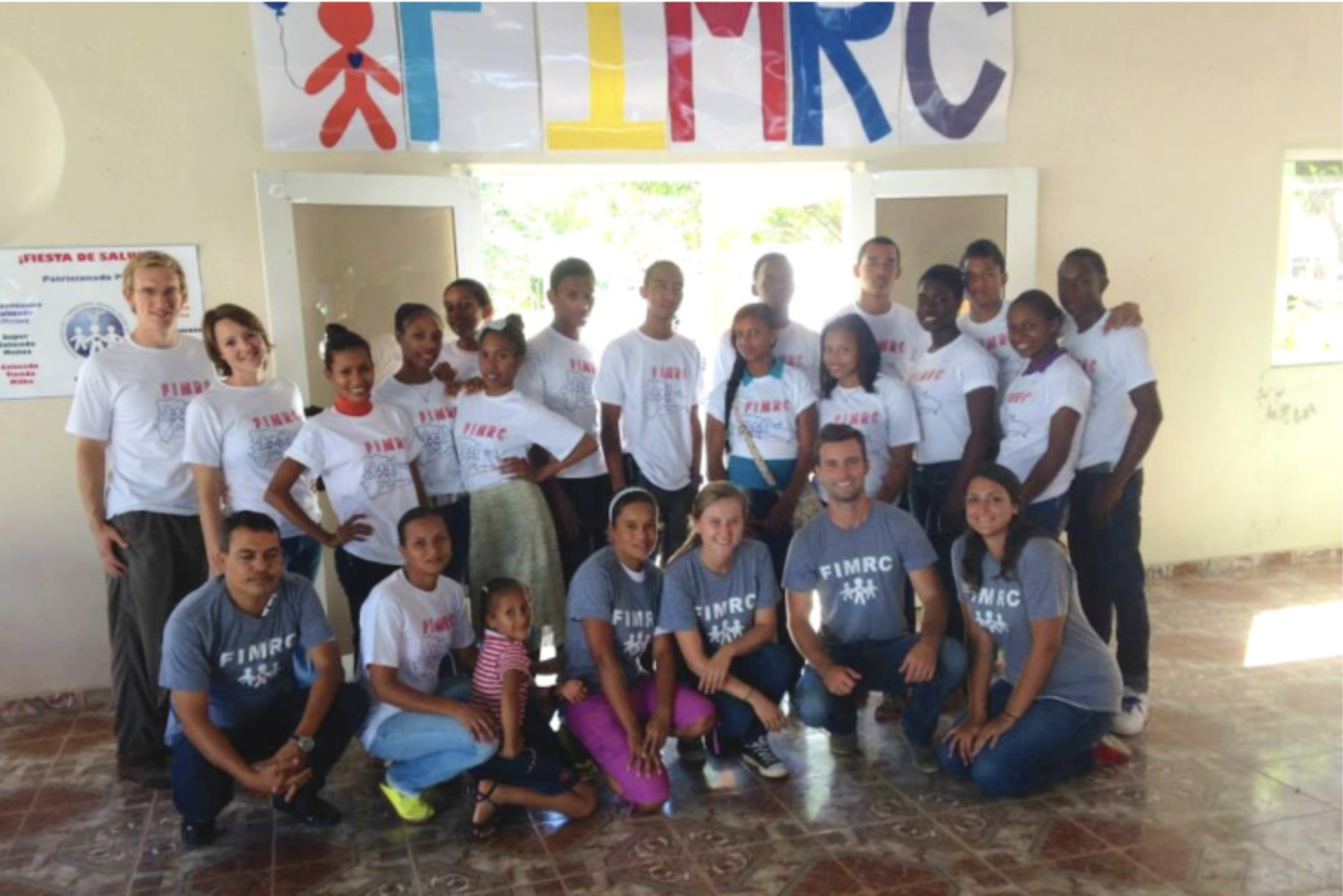
My path to a career in public health was a winding one. I first joined the U.S Peace Corps as a way to enhance my resume and gain real-world experience in order to potentially join the U.S. Foreign Service. Little did I know how much my ambitions would change.
Despite a rocky start to my two-year Peace Corps tour (Giardia is no joke!), and thanks to my mom’s refusal to let me move back home and the advent of antibiotics, I remained committed to my two-year post. It is not an exaggeration to say this experience changed my entire life.
My two years serving with the Peace Corps (from 2010-2012) were eye-opening. I provided health education and orchestrated wide-reaching medical clinics for underserved communities in the Dominican Republic and Haiti. Visiting American physicians taught me how to take vital signs, check blood sugar, and auscultate lung sounds. Fluency in Spanish allowed me to translate between physicians and patients which exposed me to the nuances of physical examination and obtaining a medical history. I fell in love with public health.
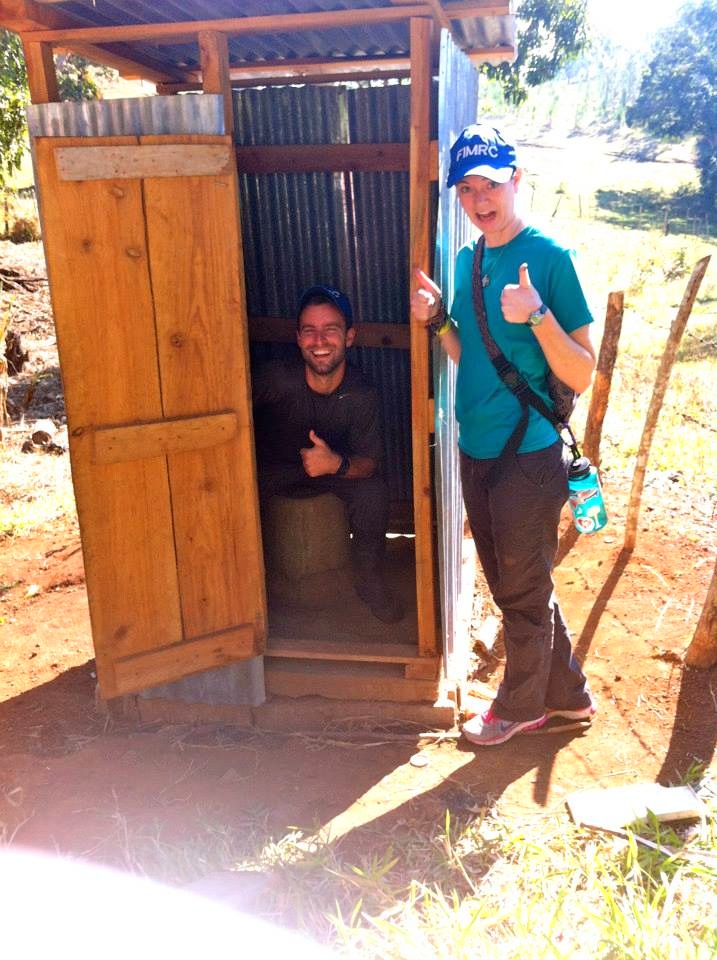
In 2012 I joined FIMRC to develop a community-health based project site in the DR. I quickly bought a motorcycle and drove from one side of the island to the other surveying rural villages, assessing who would best engage with us, and which communities would most benefit from our services, eventually settling on Restauración. Its strategic location straddling the Haitian border as well as its strong local leadership made Restaruación an ideal site to develop. With the help of some awesome interns, volunteers, and hired local staff we implemented youth health empowerment programs as well as chronic illness support groups for people suffering from diabetes and hypertension. We organized mobile clinics in order to reach the most remote parts of the region, built deep pit latrines, and taught best hygiene practices to Haitian refugee families in order to manage the outbreak of cholera in the area.
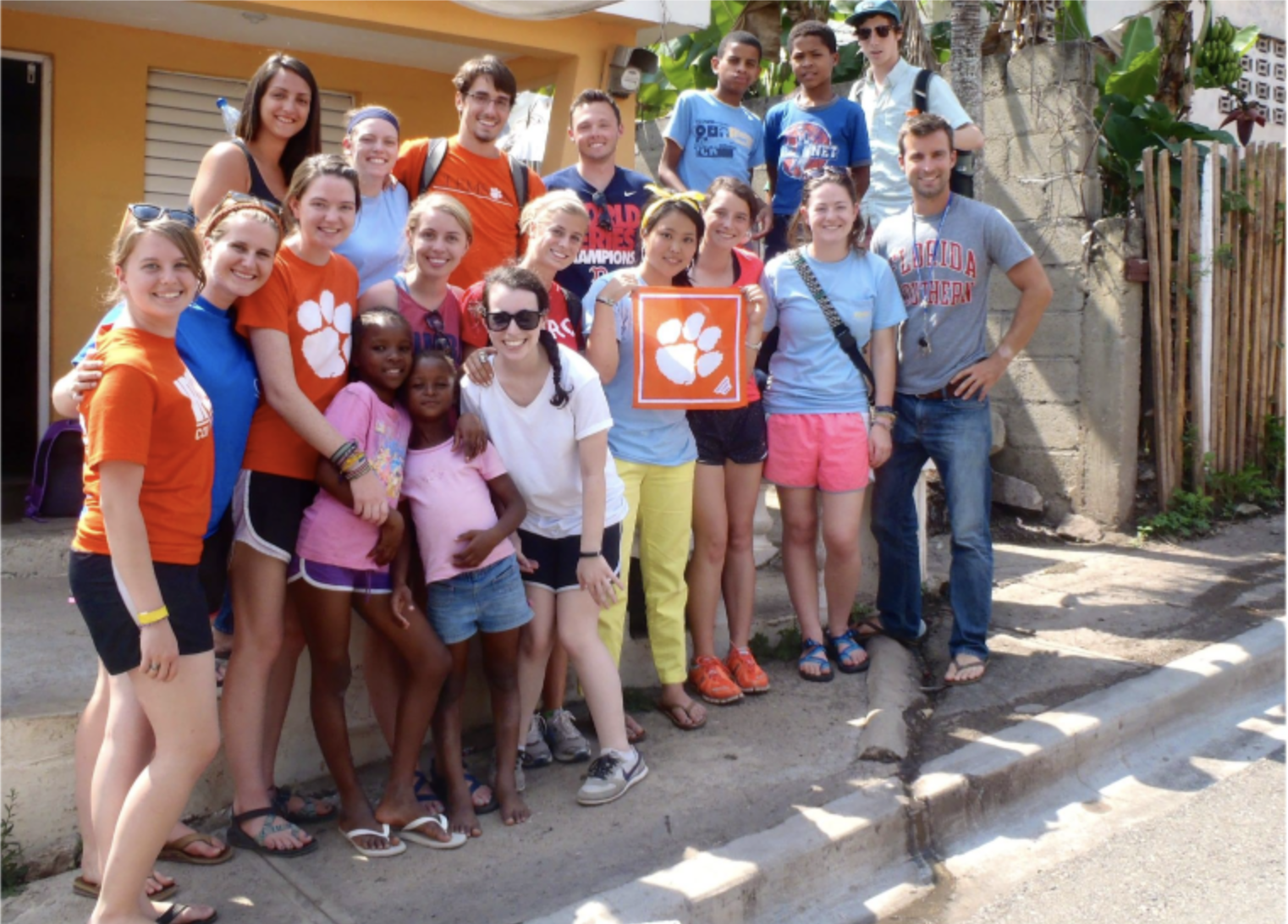
The Dominican Republican truly became my home. The community members would call me Jose, sometimes Rey Barba (King Beard), eventually Jose Rey Barba (Joe the Beard King). I developed a new family, a sweet nickname, and a new perspective on the world. And many volunteers felt the same. During my two years as Field Operations Manager, we hosted multiple repeat visits from groups and chapters such as Roger Williams University, the University of North Carolina, and Clemson University, just to name a few. Everyone agreed that Restauración is a special place filled with people willing to put in the work to improve their community.

In 2014 I decided to return to the United States to train to become a Physician Assistant in order to better understand the language of healthcare. I was able to accomplish this despite more Giardia (c’mon!), stress, and late nights. I now work in an emergency room as a PA. Better than that, I have a greater platform to push and improve upon the mission that FIMRC stands for, “to provide access to medical care for the underprivileged and medically underserved communities around the world.” Now, when I travel to Restauración I return with a greater capacity to serve.
Like a proud father, I continue to watch the clinical site in Restauración grow and thrive. Each Field Operations Manager has added their own touch and each time I go back I hear how happy everyone is that FIMRC is still present in the community.
I am so incredibly blessed to have worked with FIMRC. My time with them in Restauración has taught me two very important lessons:
1. Change happens one individual at a time. Changing the world starts with changing an individual's mindset. As corny as it sounds that whole ripple effect metaphor is spot on!
2. Resourcefulness: When resources are limited it’s important to find innovative solutions. For example, we taught many Haitian refugees and members of the community to mix ashes and water together as a suitable replacement for soap, helping improve hand hygiene and offering a solution to the challenge of being able to afford soap.
Although my career in public health and medicine began with less than altruistic intentions, I am a better person for having worked with the community, FIMRC, and the hundreds of volunteers I encountered along the way. I wouldn’t trade my experience in Restauración for anything in the world. I encourage anyone considering a service trip to consider Restauración. You will see how special it is, and, if you’re lucky, you will enjoy a perfect cup of steaming hot Dominican coffee.
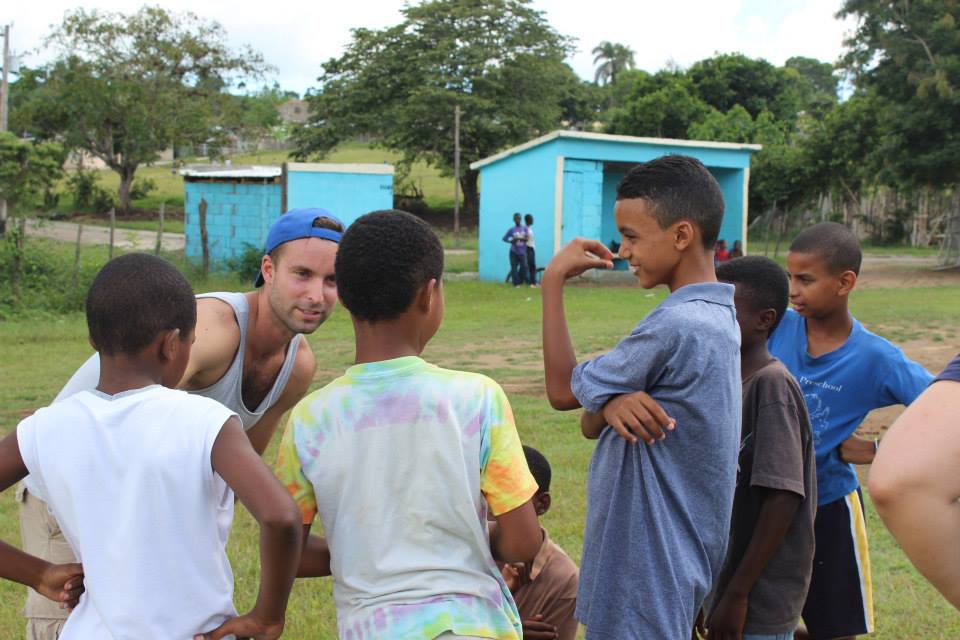
Interested in volunteering abroad or participating in our virtual programs? Check them out below!
Stay connected with news and updates!
Join our mailing list to receive the latest news and updates from our team.
Don't worry, your information will not be shared.
We hate SPAM. We will never sell your information, for any reason.
CATEGORIES
All Categories blog careers in global health chapters clinical observations community stories costa rica covid-19 dominican republic ecuador ethical volunteering fimrc fimrc 15 years fimrc alumni fimrc chapters fimrc family fimrc fellow fimrc internship fimrc partnerships fimrc programs fimrc staff highlight foundations in global health ghnf ghvp global health global health essentials global health volunteer program grad school graduate student grassroots health equity high school student hiv india malaria maternal & child health medical professional medical rotation program medical student menstrual health mental health mph neglected tropical diseases nicaragua ntds nursing packing list partnerships peru philippines press release primary care professional development project alajuelita project anconcito project bududa project cavite project huancayo project kodaikanal project la merced project limón project restauración public health reproductive health saalt scholars sihf student explorer program summer international health fellowship tb travel travel nursing tuberculosis uganda undergraduate student virtual programs virtual volunteer volunteer volunteer experience who world health day world suicide prevention day world values day
